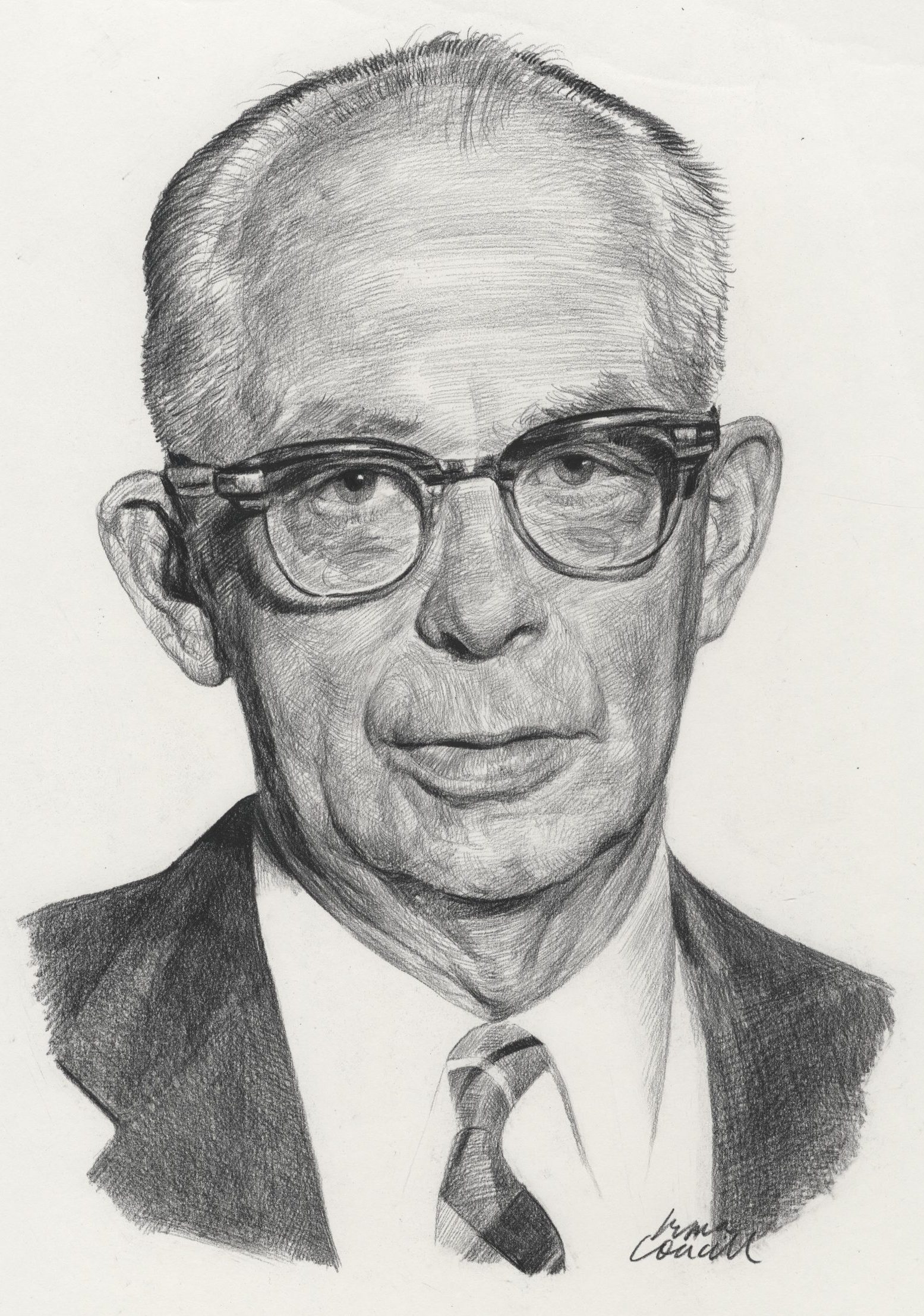Merlin William MacLeod

Nickname: Mac
Birth Date: February 1, 1892
Birth Place: Olympia, Washington, USA
Death Date: December 12, 1959
Year Inducted: 1977
Awards: FCASI; The McCurdy Award (CASI)
His engineering skills, coupled with inventive genius, an ability and a willingness to explain his engineering principles, the self-set standards of perfection which he himself met and which he demanded of others, have been of outstanding benefit to Canadian aviation
Two Crash Landings
Merlin William (Mac) MacLeod was born in Olympia, Washington, U.S.A., on February 1, 1892. He attended school there and at Tacoma, Washington, until 1910 when he moved to Vancouver, British Columbia.
MacLeod joined Canadian Airways Limited at Winnipeg, Manitoba, in the early 1930's as a flight mechanic and worked with bush pilots in Canada's north. On one occasion, after his aircraft crash-landed in an uninhabited area and splintered the propeller, he hand carved another which worked well enough to enable the pilot to fly the aircraft to civilization. In 1933 he was severely injured in an aircraft crash near Lac du Bonnet, near the southern tip of Lake Winnipeg, Manitoba. Although unable to walk, he was credited with saving the life of his pilot through emergency first aid.
An Inventive Mind
In 1937 MacLeod was employed by Trans-Canada Airlines in Winnipeg as an air engineer, before moving to Dorval, Quebec, as Superintendent of production overhaul. He became, successively, Superintendent of job methods and development, and Development Engineer.
MacLeod's inventive genius led to many aircraft-related technical advances. He invented the brake disc slotting system which provided more efficient cooling of the discs, thus reducing warping of aircraft brake discs. This application is used world-wide. He developed a cowl flap which was designed to regulate engine temperatures. It greatly increased the time required between engine over-hauls, and was an immediate success. Not only did it benefit Canadian air transport operations, it is used internationally. In 1949 he was responsible for inventing the cross-over exhaust system which greatly reduced noise in the cabins of North Star aircraft.
A classic in aeronautical design was his ball and socket principle for exhaust systems, which added to the safety and economy of aircraft engine exhaust systems in Canada, the United States and Great Britain. Numerous other inventions and improvements in the aircraft industry are credited to him, such as pneumatic deicers, emergency fuel systems and hydraulic and lubrication systems.
Perhaps less tangible, but with equal impact on the aviation industry generally, were the methods he used to instruct those under his command in job handling and personnel training.
Honours and Recognition
He was named an Associate Fellow of the Canadian Aeronautics and Space Institute and was honoured with the McCurdy Award in 1954 for his sustained contributions in the field of aviation. The citation stressed his consistent display of ingenuity, and his abilities to pass on to others his experiences and ways of accomplishing certain tasks.
MacLeod retired from TCA in 1959, and died at Pointe Claire, Quebec, on December 12, 1959.
MacLeod's inventive genius led to many aircraft-related technical advances. His inventions resulted in lower maintenance costs, as well as safer and more efficient operations. His accomplishments were recognized internationally by aircraft manufacturers and operators.
Merlin William (Mac) MacLeod was inducted as a Member of Canada's Aviation Hall of Fame in 1977 at a ceremony held at Edmonton, Alberta.
To return to the Inductee Page, please click here.
